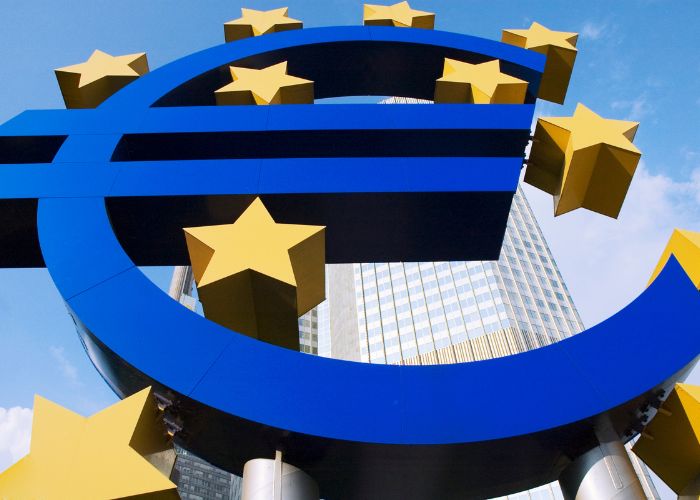MADRID – For the first time since 2011, Euribor has crossed the 2% mark. This makes the average mortgage in Spain (€145,500 according to INE) slightly more than €2,000 more expensive on an annual basis.
The increase is a result of the historic rise in interest rates by the European Central Bank (ECB). The tightening of monetary policy in the eurozone is reflected in a rising index. For example, one day after the European regulator’s 75 basis point increase, the mortgage market reference indicator has risen in its daily rate to 2.015%, compared to 1.903% the day before.
Bad news for those who have bought a house and have a variable mortgage, because the instalment will become even more expensive.
Historic rebound
The rate at which the index is progressing has outperformed financial sector and analyst forecasts, which only pointed to 2% before the end of September or October. According to the calculations of the Association of Financial Users (Asufin), Euribor will stand at 2.2% at the end of the year and could reach 3% in 2023.
From the banking product comparator HelpMyCash, they think it will be around 2.5% by the end of 2022. Moreover, they do not rule out that it could hit 3%, depending on how the European economy evolves and whether the ECB raises interest rates again in 2022 or twice during the October and December meetings.
Spending more of your salary on paying for the house
“Variable mortgages are getting more expensive and Spaniards are having to spend more and more of their salary on paying for their homes,” said Olivia Feldman, co-founder of HelpMyCash in El Economista.
Following this historic move in monetary policy, the escalation of the Euribor leads to a rise in the price of floating rate mortgages that need to be reviewed. For example, with a Euribor at 1.9% in September, a mortgage of €100,000 would become more expensive on average by €84 per month or €1,000 per year.
More people are opting for a fixed mortgage
This monetary tightening is already driving the change from variable to fixed mortgages. In June, the last month with data available, a total of 14,412 mortgages changed their terms, 5.4% more than in May, data from INE shows.
Of those changes, 22% were the result of interest rate hikes. In other words, 1 in 5 mortgage holders renegotiated their credit due to the rise in rates in the eurozone. This situation also affects those who negotiate a fixed-rate mortgage.
Also read: Euribor highest since 2011


